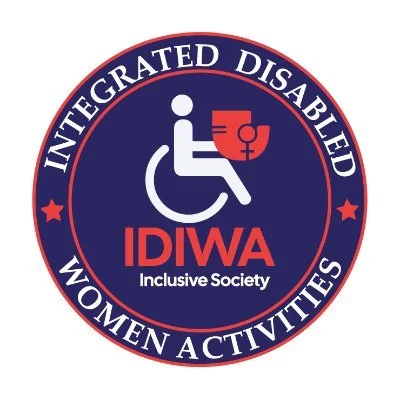Health and Reproductive Rights (HRR)
IDIWA seeks to increase appropriate access to the full complement of Sexual and Reproductive Health Services, information and rights for girls and young women with disabilities, which are often challenged by social norms, stigma and discrimination. IDIWA prioritizes empowering girls and young women with disabilities to demand for SRH including individualized education and information to encourage informed choices and decision making about using birth control methods and education about such issues as reproduction, marriage and family life, abstinence, safe sexual practices, sexual abuse, and sexually transmitted diseases
Impact
- 36,000 adolescent girls and young women (AGYW) with disabilities affected by HIV/AIDS TB and Malara have had access to gender responsive SRHR and GBV services; 27 self-advocacy groups have been formed, and linked to Busoga Gender Based Violence and Disability Rights Network- GBVDR NET, and community savings schemes, and have accessed livelihood opportunities
- 37 safe spaces and disability friendly corners established, and provided a range of services to 19,700 GYWDs including medical education sessions focused on SRHR, GBV, and democratic governance. 10 girls and young women with disabilities have served as UN Ambassadors, and presented policy papers to the UN, and African Human Rights Council, and Sexual Violence Research Institute -SVRI annual convenings
- 900 health workers have been training on human rights and gender transformative approaches to SRHR, HIV/AIDS/TB/Malaria services for women and girls with disabilities, and Sign Language Communication, leading to attitude change and commitment to disability inclusive services delivery
